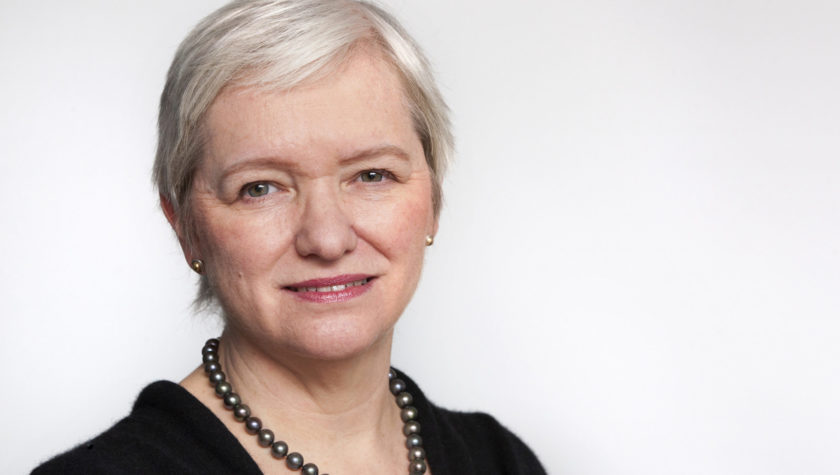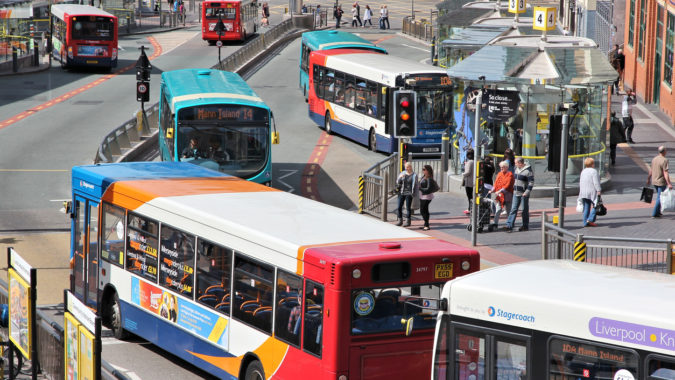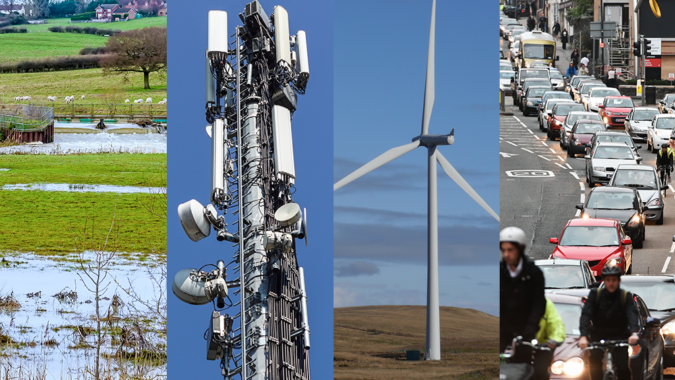It’s a question that has been exercising policymakers for 50 years: how do you deliver an effective, efficient, fair and sustainable system of paying for road use? It’s also increasingly pertinent: we face falling fuel duties, rapid growth in electric vehicles (which pay neither Vehicle Excise Duty nor fuel duty), and increasing deployment of telematics – the dongle or black box which shows where a vehicle is and which helps bring down insurance costs for young drivers in particular.
This was the challenge set for this year’s Wolfson Economics Prize. It’s been a fascinating time and I’m very grateful to have had the opportunity as a judge to delve into these questions. It’s clarified in my own mind some of the issues and the most promising ways to tackle them.
Judging the entrants
To win we decided that an entrant would need to exhibit:
- Knowledge of the current situation;
- A solution robust to change to different kinds of vehicles and users;
- A practical and acceptable route to change;
- Understanding of the different costs to different users and types of roads; and
- Ability to distinguish congestion costs from other costs, and consideration of implementation issues
There are still many details to work out, but I think that the prize winner has started a ball rolling which may be able to get momentum and meet some of the future challenges facing the tax system for car use and ownership. As a Commissioner for the NIC, also trying to think ahead 30 years, it has the feel of an excellent first step towards a more flexible and effective charging mechanism that will in due course enable us to make best use of available road space, pay for its maintenance and expand it where necessary.
Distance based charges can also include an element for vehicle weight, emissions standards, and possibly location. It’s a particular practicality that the proposal only needs an annual certification of mileage, and that while fraud is an obvious risk, intensification of existing anti-fraud measures on both car odometers and with MOTs will provide a good check.
The advantage of the winner’s proposal from Gergely Raccuja, was in its simplicity and its administrative practicality. By replacing fuel duty, collected from suppliers, with a mileage charge collected through insurance companies, this has the feel of a deliverable proposal. As insurance companies themselves engage with telematic boxes and the two themes of distance and trip pricing, it creates the opportunity to bring the two together at a later stage in a way which people can understand and have the opportunity to control.
Picking the winner
Two of the entrants had such schemes. Both had distance based charging schemes rather than a more complicated congestion-based system. Both could be calibrated to fuel duty, with different weights for different classes of vehicle. Both could work for individuals, for fleets and for HGVs.
We had 115 entrants in total and shortlisted five finalists. All five produced ideas which had good elements and addressed some of the key challenges, with a number also wanting to mandate the use of telematics. This technology would be essential to a trip based charging mechanism – an essential element in a comprehensive congestion charging scheme, where prices would vary according to location and time of day. While the judges could see the benefits of these schemes in the longer term, we doubted that their introduction was politically acceptable or practicable in the shorter term. So we looked for schemes which could offer a route into such trip based pricing, but one which could pass the ‘smell test’ and especially assure motorists that they would not be more heavily taxed than currently.



